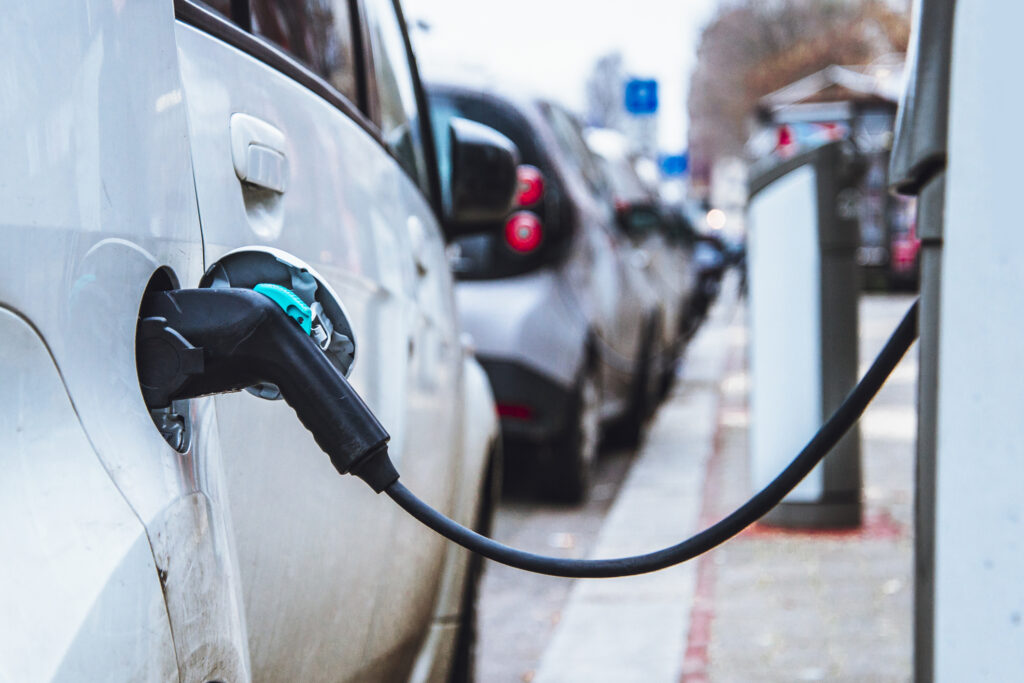For the second month in a row, sales of electric vehicles (EVs) were the vehicle segment to grow, but data shows the government’s ambitions for the EV transition does not go far enough, according to the latest data from New AutoMotive.
The company’s most recent figures show that during June 2022, 20,837 pure EVs were sold, with EVs now representing one in six of all new vehicle registrations.
Meanwhile, sales of hybrid vehicles decreased to 31,531 in June 2022, from 40,265 the same month last year.
With sales of EVs already at 16%, up from 10% year-on-year, the government’s request to manufacturers to achieve 22% of sales from EVs by end of 2024 is “lagging behind consumer demand,” according to NewAutomtive.
This echo’s the Climate Change Committee’s findings in its recent progress report, which suggested that the adoption of EVs is already ahead of both its own and government growth projections, highlighting that consumers and households are willing to adopt low-carbon options when cost-effective products are offered.
Despite the increased sale of EVs in June, overall car sales decreased by a quarter and even with the rising prices of petrol and diesel driving consumers towards electric cars, supply is currently not keeping pace with demand, according to Ben Nelmes, head of policy and research at New AutoMotive.
“We hear that the typical delivery time for electric cars is now between 40 weeks and a year. The supply of electric vehicles is the biggest barrier to cleaner road transport in the UK,” added Nelmes.
Meanwhile, data from the Society of Motor Manufacturers and Traders (SMMT) shows that battery electric vehicles (BEV) had the only year-on-year rise among car sales in June 2022.
Sales of BEVs during June 2022 rose to 22,737, an increase of 14.6% on the same month last year, while sale of new cars overall fell 24.3%.
June’s numbers of overall cars was the lowest performance for the month since 1996, with only 140,958 new registrations. So far sales of new vehicles for the first half of the year are at their lowest in 30 years too, with the exception of 2020 amid the Covid-19 pandemic lockdowns.
The continued shortages of components, coupled with the pandemic restrictions China means vehicle production is unable to keep up with demand this year, which is also affecting the sale of EVs.
Mike Hawes, SMMT Chief Executive, said: “The semiconductor shortage is stifling the new car market even more than last year’s lockdown. Electric vehicle demand continues to be the one bright spot, as more electric cars than ever take to the road, but while this growth is welcome it is not yet enough to offset weak overall volumes, which has huge implications for fleet renewal and our ability to meet overall carbon reduction targets.”
Hawes added that with motorists facing rising fuel costs, it made “ever more” sense to switch to an EV. The industry is working to improve its supply and prioritise deliveries of EVs.






